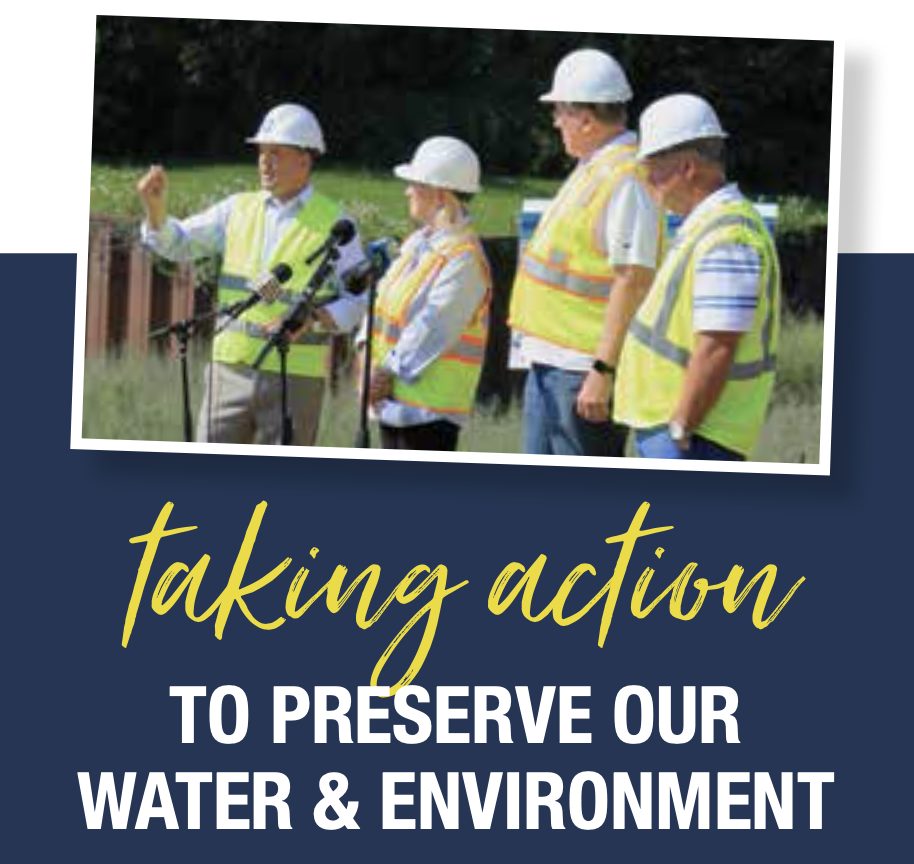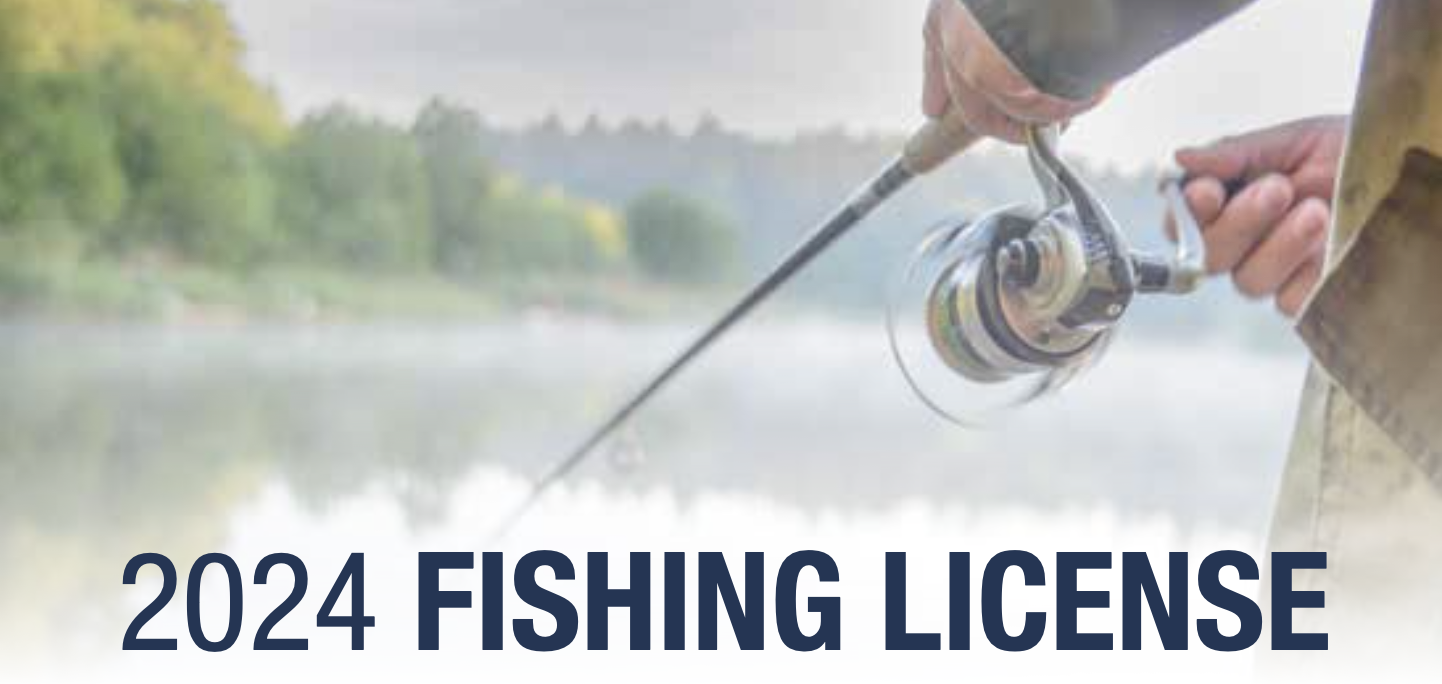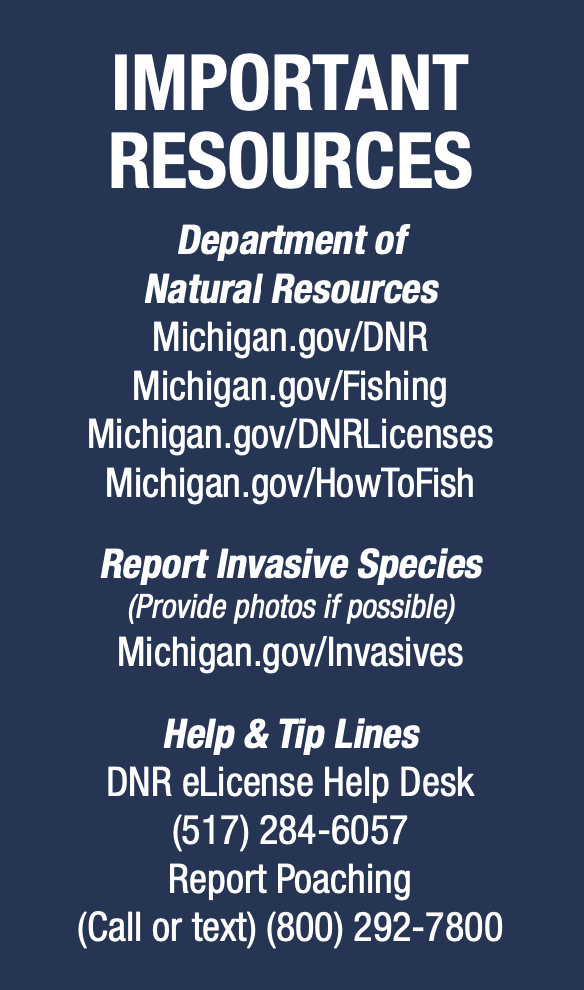
Dear Neighbor,
From Grosse Pointe to Harsens Island — Lake St. Clair is what binds each
and every one of our communities together. As coastal residents, we know the importance of clean water. Not only do we depend on the lake for drinking water, but also for the economic development it drives and the recreational benefits
it provides.
The lake is also a source of memories, both old and new. Growing up in Grosse Pointe, my father would take my siblings and me fishing on Lake St. Clair during the summertime. Now, I enjoy keeping that tradition alive with my two sons, and I know many across our community look forward to making new memories with their families, too.
Because of this, representing our lakeshore district is a responsibility I take seriously. As we see an increasing number of extreme weather events that strain our aging infrastructure’s capabilities and send pollution into the water, it’s important for all of us — residents, local leaders, legislators — to work together to ensure the health of Lake St. Clair is protected for generations to come.
In this newsletter, I am excited to share some legislation and budget wins that will equip our state and local communities to improve our water infrastructure and protect one of our most important natural resources. Additionally, as boating and fishing season kicks into full swing, I have included some resources to help you navigate the waters legally and safely.
As always, should you ever need assistance, please do not hesitate to reach out to me and my office — we are here to serve you. Whether out on the water or at a coffee hour in the district, I hope to connect with you soon.
Sincerely,

Kevin Hertel
State Senator
District 12

Economic Activity
Through water-based industries, restaurants, recreation, lodging stays, and real estate purchases and values — Lake St. Clair generates $1.6 billion in economic activity every year, supporting more than 18,000 jobs across our region.
Largest Freshwater Delta
Opening into the St. Clair Flats, the St. Clair River forms the largest freshwater delta in North America! The flats surrounding Harsens Island are home to various wildlife, including migratory waterfowl, wading birds, sport and forage fish, and muskrats, among others.
Top-Ranked Lake for Bass
In Bassmaster Magazine’s 2023 list of 100 Best Bass Lakes, Lake St. Clair ranked in the top
ten for its quantity and quality of smallmouth bass. In recent years, Bassmaster has hosted tournaments in Harrison Township and New Baltimore, attracting avid anglers from across the country to our community.
Commercial Vessels
Lake St. Clair is a crucial link in the Great Lakes and St. Lawrence Seaway System — allowing commercial vessels to pass through the lake an average of 3,000 times a year. While the water is relatively shallow, with an average natural depth of 11 feet, the United States dredged a 30-foot-deep shipping channel through the center of the lake to provide for more seamless freighter passage.

Watercraft owners can now renew their registration at Michigan.gov/SOS or by visiting one of the 160 conveniently located self-service stations statewide. Watercraft registrations are renewed on a three-year cycle and expire on March 31 of the third year. All watercrafts must be registered, except for the following:
- Watercrafts measuring 16 feet or less in length, propelled by oars or paddles, and that are used for personal use.
- Nonmotorized canoes and kayaks for personal use.
- Rafts, surfboards, sailboards, and swim floats, regardless of length.
- Watercrafts registered in another state and only used temporarily in Michigan.

As Michiganders, our abundance of freshwater is a vital part of our identity. We’re known across the country and world as the Great Lakes State — the source of 20% of Earth’s total freshwater. Our 3,000 miles of shoreline is proudly featured on our state quarter and serves as the inspiration behind our state motto and nickname. Water is also equally essential to our identity and way of life in our lakeshore community, and working to protect this resource for future generations is one of my key goals as a legislator.
In the 2024 State Budget, I’m proud that we were able to secure the funding necessary to help preserve and protect our greatest resources. The following investments will ensure the health of Michiganders, our environment and the economy for years to come.
Here are some funding highlights:
Statewide Highlights
-
Nearly $600 million for water infrastructure projects to replace lead service lines, rebuild sewers and much more.
-
$83.9 million for drinking water quality assurance initiatives.
-
$35 million for water affordability, lowering costs for Michigan families.
-
$30 million to replace lead lines and water meters in Highland Park — lowering costs, reducing water loss and creating an equitable system for surrounding communities.
-
$1 million in federal grants for the Great Lakes Restoration Initiative Program to support two green infrastructure projects that will address polluted stormwater runoff.
Local Investments in Lake St. Clair
-
$5 million for the Chesterfield Interceptor to proactively address aging infrastructure in order to avoid catastrophes like sinkholes.
-
$5 million for the Saint Clair Shores Martin Drain District to address combined sewer overflows and prevent millions of gallons of wastewater from flowing into Lake St. Clair, which contributes to beach closures and harmful algae blooms.
-
$2 million for Harsens Island to make critical updates to their batch wastewater treatment plant that will protect waterways, improve residents’ quality of life and allow small businesses in the Sans Souci community
to thrive. -
$500,000 to reimburse Grosse Pointe Farms for costs incurred while maintaining the Highland Park Pumping Station.

Passed and Signed Into Law
The Clean Energy Future plan — Senate Bills 271, 273, 277, 502 and 519 — sets clean energy standards, promotes energy efficiency and creates the Office of Community and Worker Economic Transition.
Introduced
Senate Bills 605-611 would require environmental protection and cleanup standards to ensure bad actors pay to clean up their pollution, rather than having taxpayers foot the bill.
Senate Bill 398 would strengthen the authority of the Michigan Department of Environment, Great Lakes, and Energy (EGLE) to protect Michigan’s water and natural resources from damage by dam operators and others.
Above Photo: Senator Hertel joined Macomb Public Works Commissioner Candice Miller and St. Clair Shores Mayor Kip Walby to discuss plans to upgrade the Chapaton Retention Basin and reduce combined sewer overflows.

Living in Michigan, you’re never far from a lake. If you are going out on a boat or personal watercraft to enjoy the Michigan summer or go fishing, then you are likely going to need a boating safety certificate. Fortunately, they are widely available and easy to get.
Boaters born on or after July 1, 1996, will need a boater education card or boating safety certificate. While it’s not required that all residents obtain the safety certificate, the Michigan Department of Natural Resources (DNR) encourages it for all boaters. There are a few ways to earn your boating safety certificate:
Online: Take a boating safety class at BoatEd.com. After you finish the class, you must pay the course fee and pass the final exam to print off your permanent Michigan boating safety certificate.
Classroom/In-Person: The DNR’s Recreational Safety Education Class Database has in-person classes available throughout the year and across the state. The Boater Safety Education classes are a few hours long and you will get your boating safety certificate upon successful completion of the final exam.
Other Options: The U.S. Coast Guard Auxiliary and U.S. Power Squadron (also known as America’s Boating Club) provide fundamental and advanced boating safety classes for residents. Some of the classes will provide the knowledge required to obtain a boating safety certificate. The DNR and the U.S. Coast Guard Auxiliary hosts these classes. Visit cgaux.org/boatinged for more information and to enroll.
For more information on boating in Michigan visit Michigan.gov/Boating.

Fishing is one of Michigan’s premier outdoor activities, and it’s fun for kids and adults alike. Whether you’ve been fishing your whole life or it’s your first time out, there’s much fun to be had with a rod and reel. You may not always catch a fish — but you will catch a new hobby and maybe even make it a regular recreational activity.
Fishing licenses are affordable and can be bought at many stores or online at Michigan.gov/Fishing or Michigan.gov/DNRLicenses. Licenses can be purchased for the whole year for residents, nonresidents, seniors and even for daily fishing. The licenses can even be combined with a hunting license to save money.
When out on the water, it’s important that you carry your license and the state ID that you used to buy the license in case it’s requested by a Michigan Conservation Officer, a Tribal Conservation Officer or any law enforcement officer. If you have an electronic license, make sure you have access to it via a smartphone, tablet or other device.
There are several rules and regulations from the Michigan DNR to keep you, the animals and our beautiful environment safe. They are available in the yearly fishing guide, which you can pick up at many stores around Michigan, or you can find the guideonline at Michigan.gov/Fishing. The fishing guide includes all the types of fish you can catch in Michigan, their seasonal schedule, how to spot some diseases in fish, how to fight back against invasive species, and unlawful activities, dozens of definitions, and terminology, and so much more.

